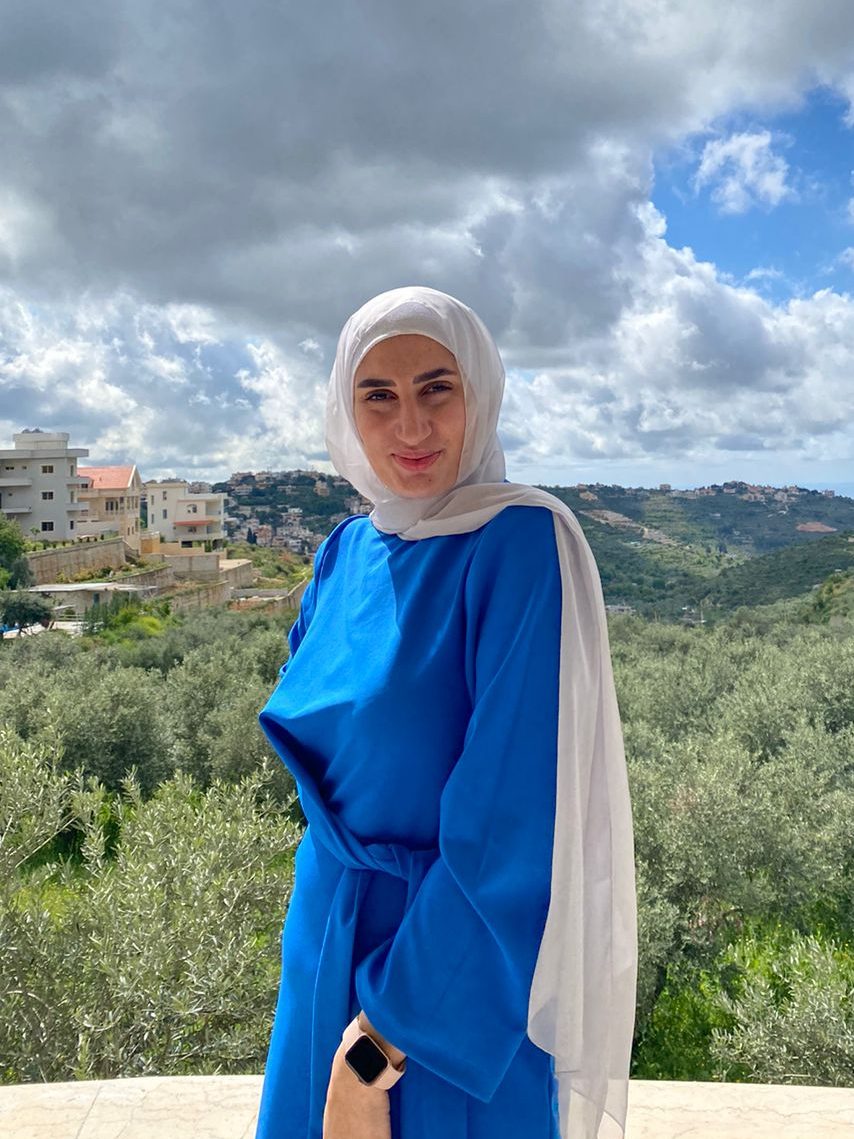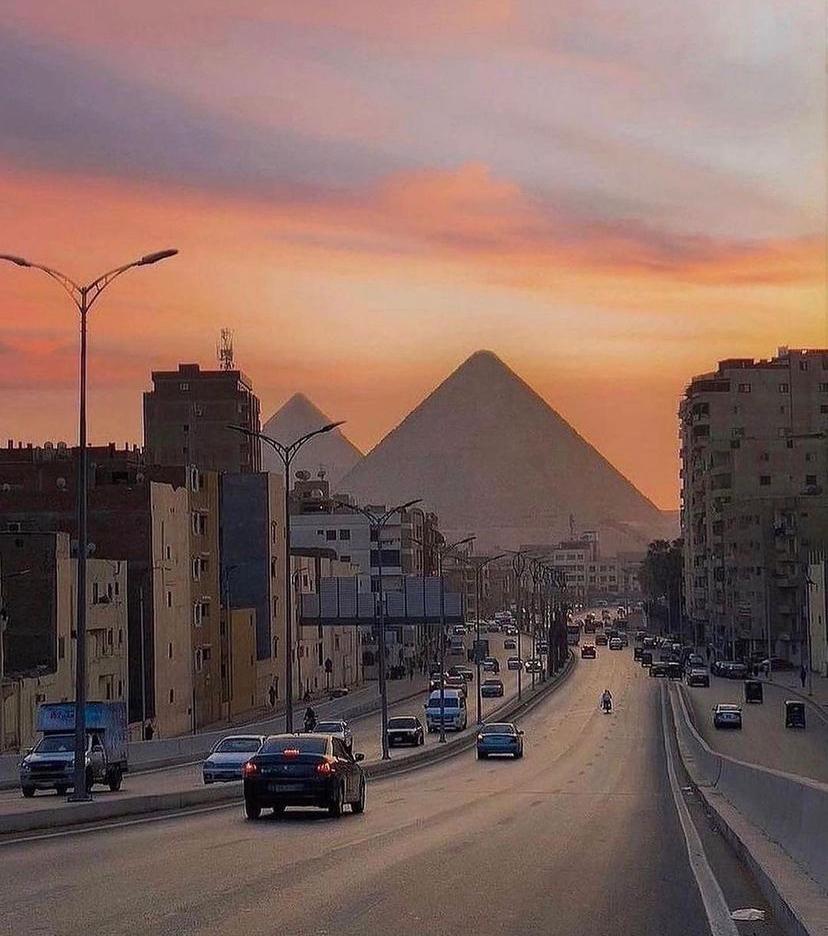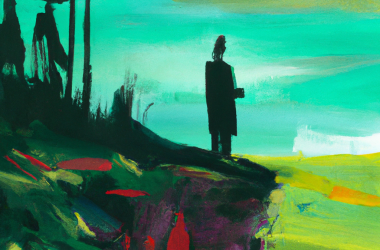Thousands of people in Egypt, Jordan and Lebanon are struggling with poverty and mental health during the conflict in Gaza.
The Israel-Palestine conflict has been widely reported and so has its effects on the people in the Gaza Strip. However, there is not much reporting on how it has affected the countries that share a border with it.
Although most people in countries that share a border with Israel-Gaza do not have physical injuries consequent to the conflict, there are certainly unseen wounds, emotional ones. The constant sirens and explosions make it difficult to relax or even sleep. Families are forced to mourn their loved ones and watch them suffer.
Yamna Sayed, an Egyptian student in the UK, keeps up to date with the situation in her home country every day.
“There´s a massive sense of guilt,” Sayed said. “This country supports them financially and gives them weapons to attack some people of my own, anything I buy could easily contribute to that.”
Speaking about what has been seen near the border, she said it is heartbreaking.
“You’ll find a lot of kids actually trying to get into Egypt, the military must enforce the border law so they cannot be let in in the country.

Economic consequences due to the conflict threaten the future, livelihoods and households in the countries sharing a border with Israel-Gaza, consequences that can be long-lasting.
“In Lebanon, there have been many job losses, particularly people who live alongside the southern border, people who are farmers. who were not able to go and pick up their crops because of the ongoing war,” Hamdi said.
In terms of the impacts of the conflict on necessities, besides some farm products, Hamdi described that there is not much change in Lebanon. However, in Egypt, Sayed confessed that there was a lack of goods in Egypt due to the boycotting.
“We’re all choosing the local brands and those run out very quickly because they were not prepared for such events,” she said.
“The economy is miserable,” Sayed said but adding that the situation in Gaza is much more hurrying, “People literally will eat charcoal to survive, no one can buy or sell anything. There’s no such thing as money, there’s no such thing as the economy,” she added.
There is a constant safety fear. The proximity to conflict zones means heightened vigilance, as citizens grapple with the uncertainty of violence spilling over.
They can hear the sirens and air raids and see the military activity near the border.
“Because of where we live, we can easily get hurt and we can easily get fired at,” Sayed said.
The shared culture, religion and history seem to be stronger than the conflict. As countries that share a border, The Gaza Strip, Egypt, and Lebanon have a lot of mutual history and culture and the fact that are predominantly Muslim countries creates a religious connection as well. In Egypt, civilians seem to be ready to fight alongside Gaza but the government wishes to keep their peace treaty.
Ghadir Hamdi, a journalist from Lebanon, explained that Lebanon was also severely attacked by Israel which is creating a sense of solidarity with Gaza. “Many people are standing in solidarity with the Palestinians, there are several refugee camps across Lebanon,” Ghadir said.
The relations between Lebanon and Israel are still tense today, since these attacks are as recent as March 2024, which included missile attacks, air drone strikes, armed clashes, destruction of property and remote explosives.
These hostilities and the overall conflict are affecting people in neighbouring nations.
“Of course, I have stress and anxiety caused by the ongoing conflict because it’s all around me,” Hamdi said, adding that when the war started her family was deeply affected. “My stepmom is Palestinian, so we didn’t know if her side of the family was still alive.”
She continued by saying she also feels guilty when thinking about her brothers and sisters. “Every time I eat or turn the heater or fan on, I think about how they cannot eat and how cold or hot they are.”
Feeling powerless, all she can do is boycott and try to re-educate people around her.

“I feel like the situation is constantly on edge and this affects the overall mood in the country,” Hamdi said. She acknowledged that her daily routine hasn’t exactly been affected but that: “I’m just taking it day by day because I don’t think I can really look very much further into the future.”
She continued by speaking about having anxiety caused by the conflict and that she utilises yoga, meditation and runs to help cope with it.
Despite the tensions with Israel these countries seem to still be able to interact and support Palestine.
“On the border, we chant a lot of chants to support them and we broadcast a lot of Quran and religious phrases to help reassure them that God’s with them and that we’re going to help them,” Sayed said.
Both interviewees have similar feelings about the way the war in Ukraine is being reported in comparison to the Israel-Palestine conflict. “Many countries in the international community rushing to condemn the Russian invasion, but they were silent in condemning the Israeli aggression against Gaza,” Hamdi said. “Not every human is a human to them, a human to them is only a human depending on their skin colour and depending on which area of the world they come from.”
Sayed emphasised the need for fairness. “Look at the consequences Russia had to go through and look at the consequences Israel didn’t go through,” she said.
There seems to exist a shared sense of solidarity instead of the expected resentment for putting their country in danger as well.
When questioned about what gives them hope for a more peaceful future in the region, Hamid said: “The young Gazans who, despite everything going on, still wake up every day and insist on remaining in their land and making the best of the worst circumstances.”
Sayed said her religion is what gives her hope, “I have a massive confidence in the fact that this will end at some point.”








